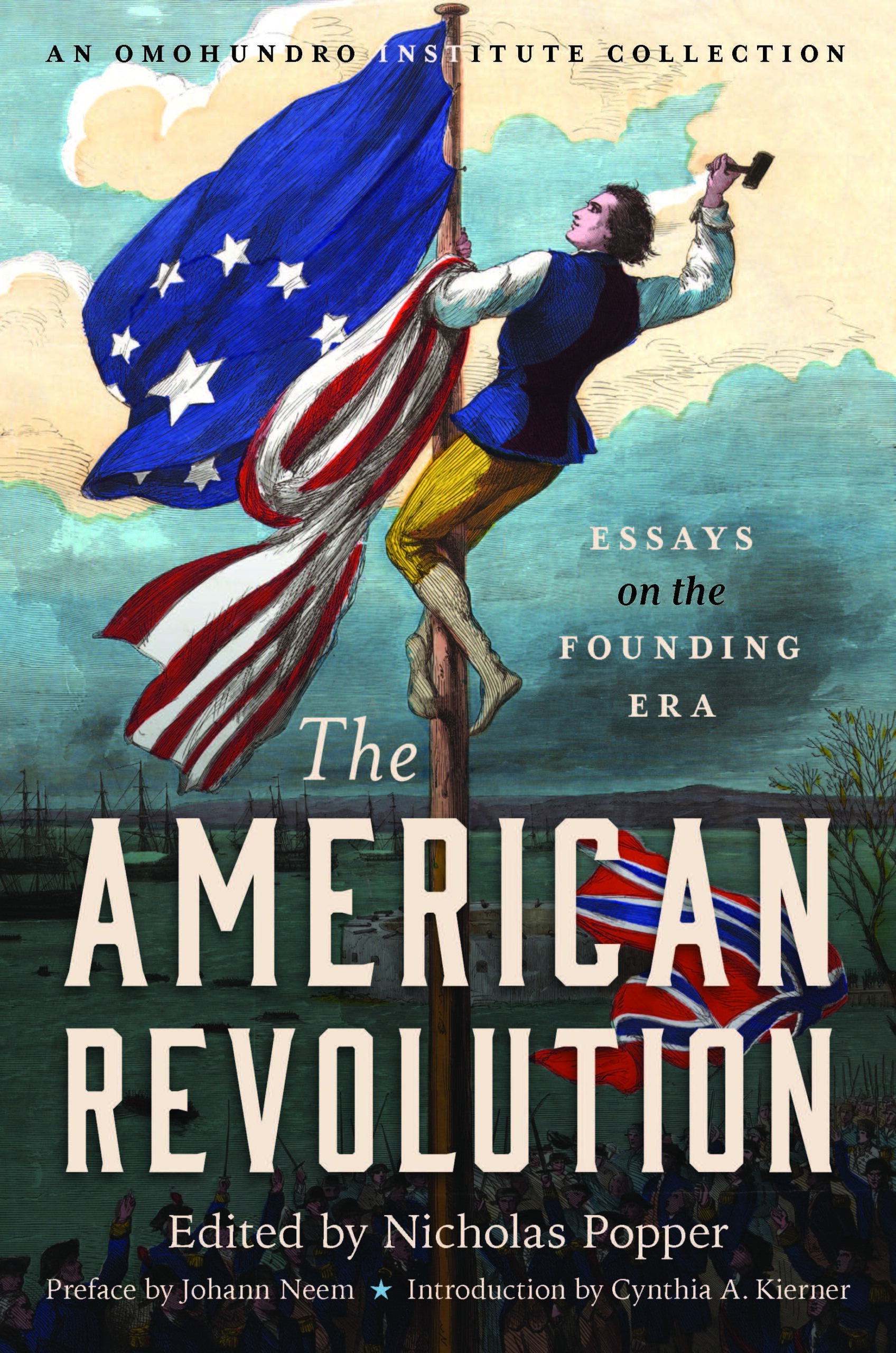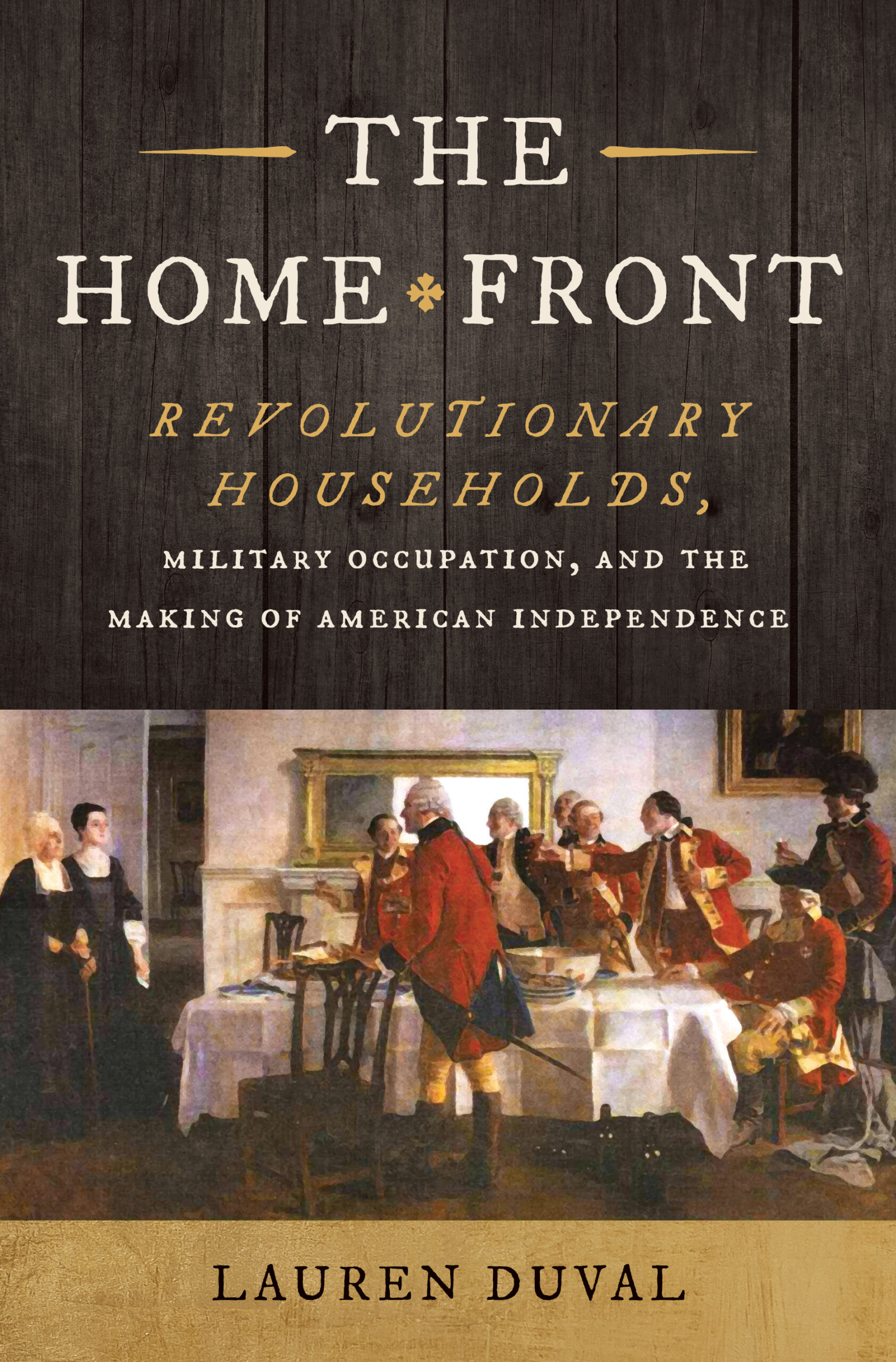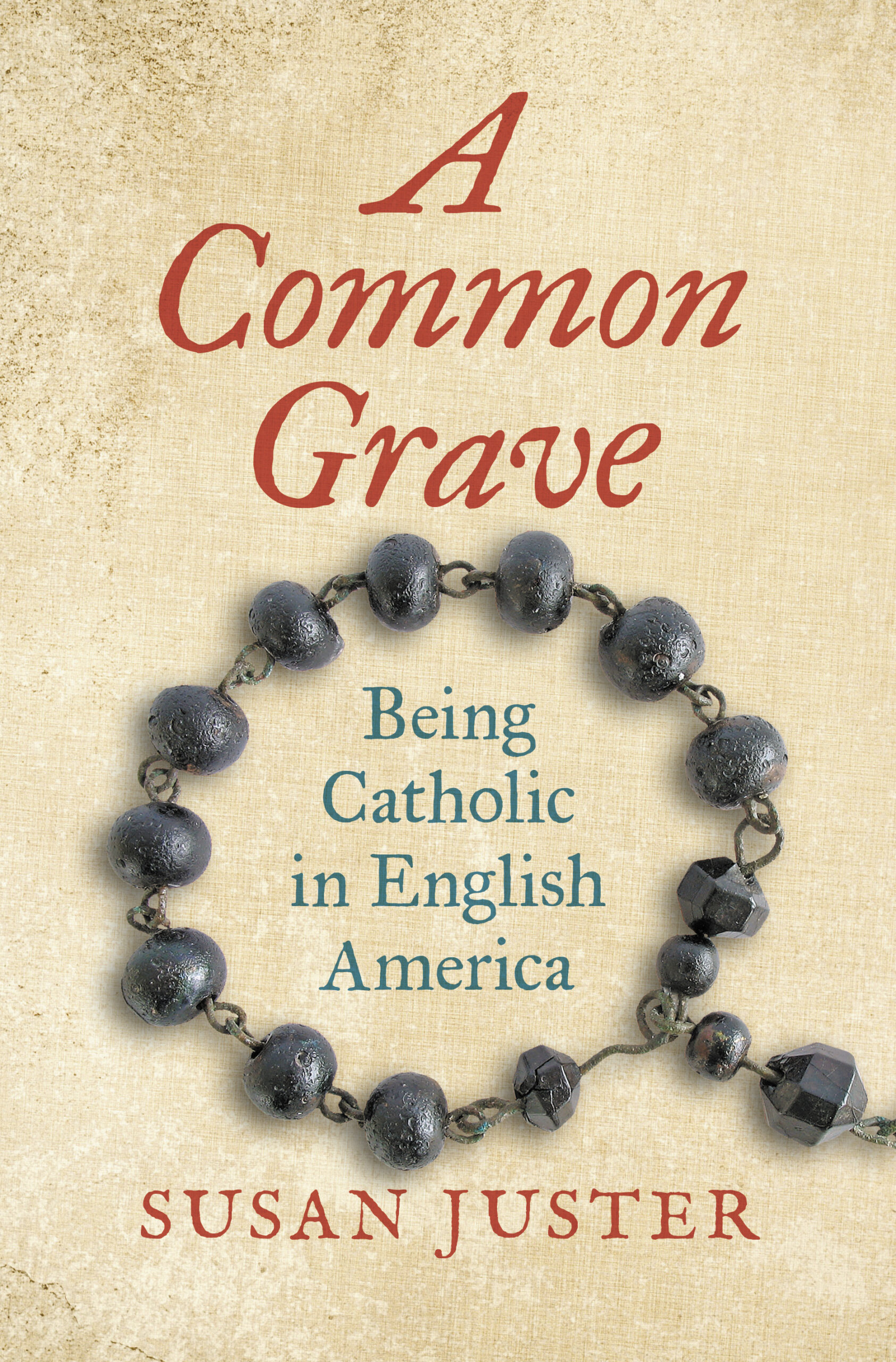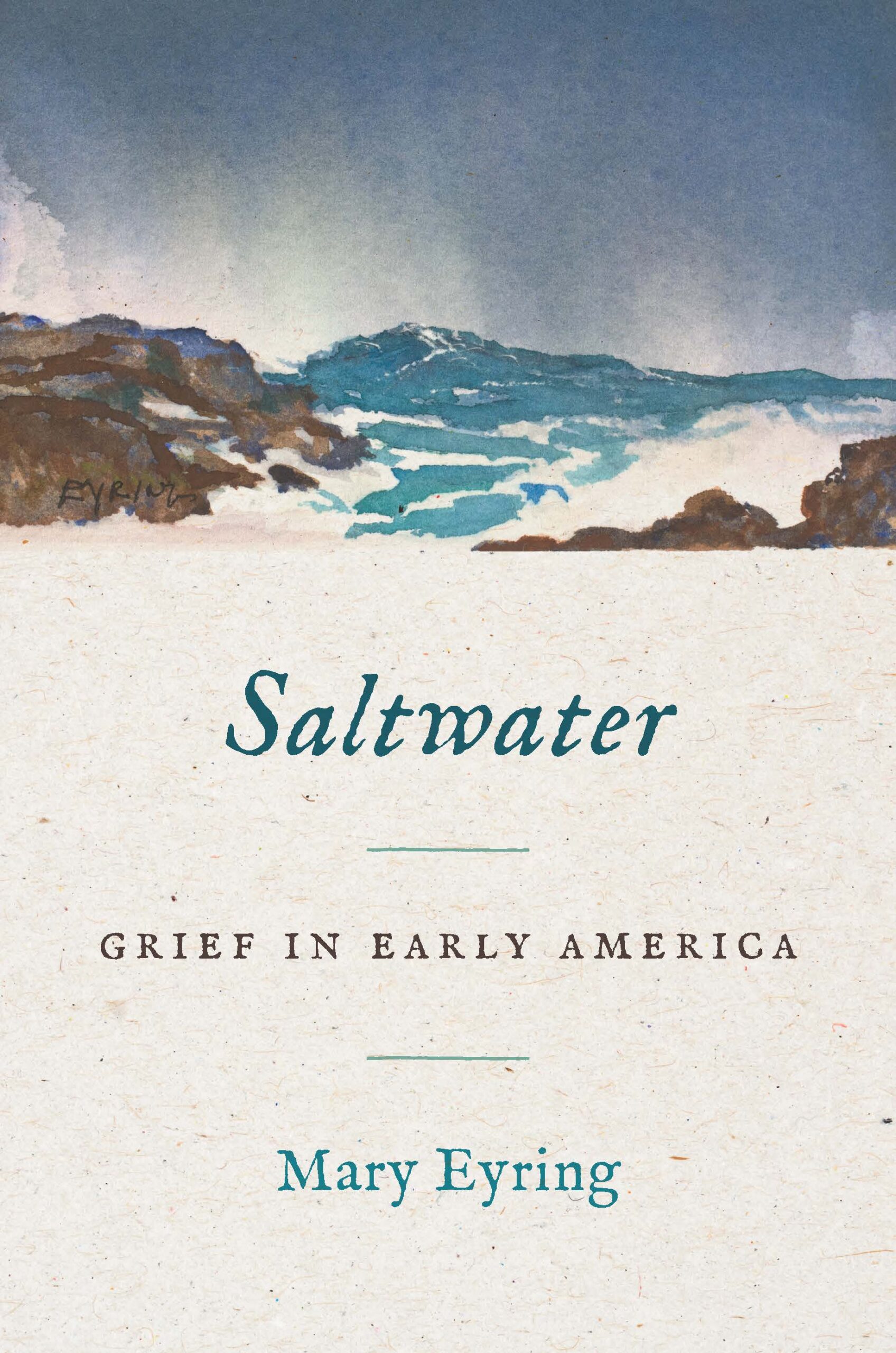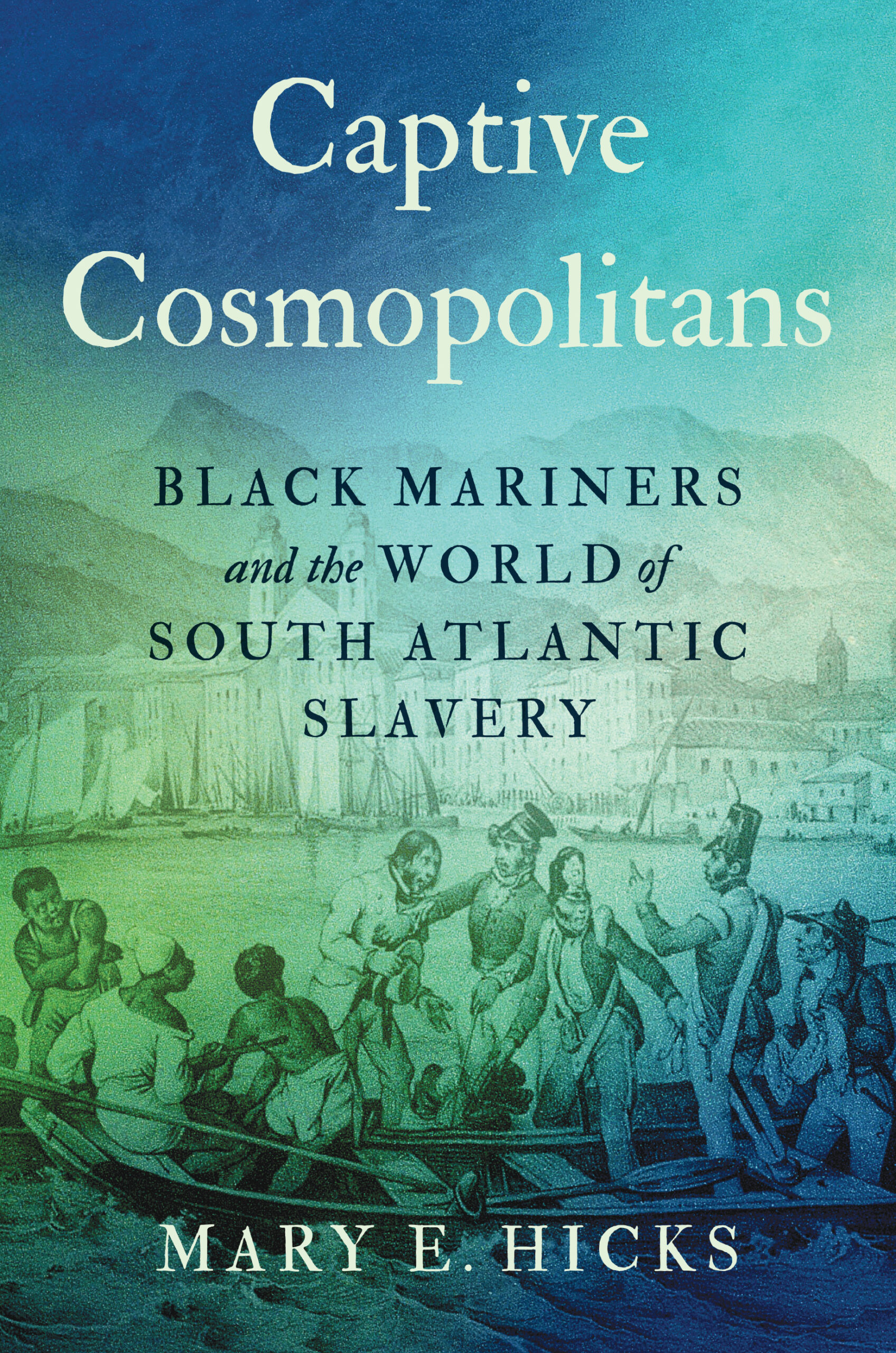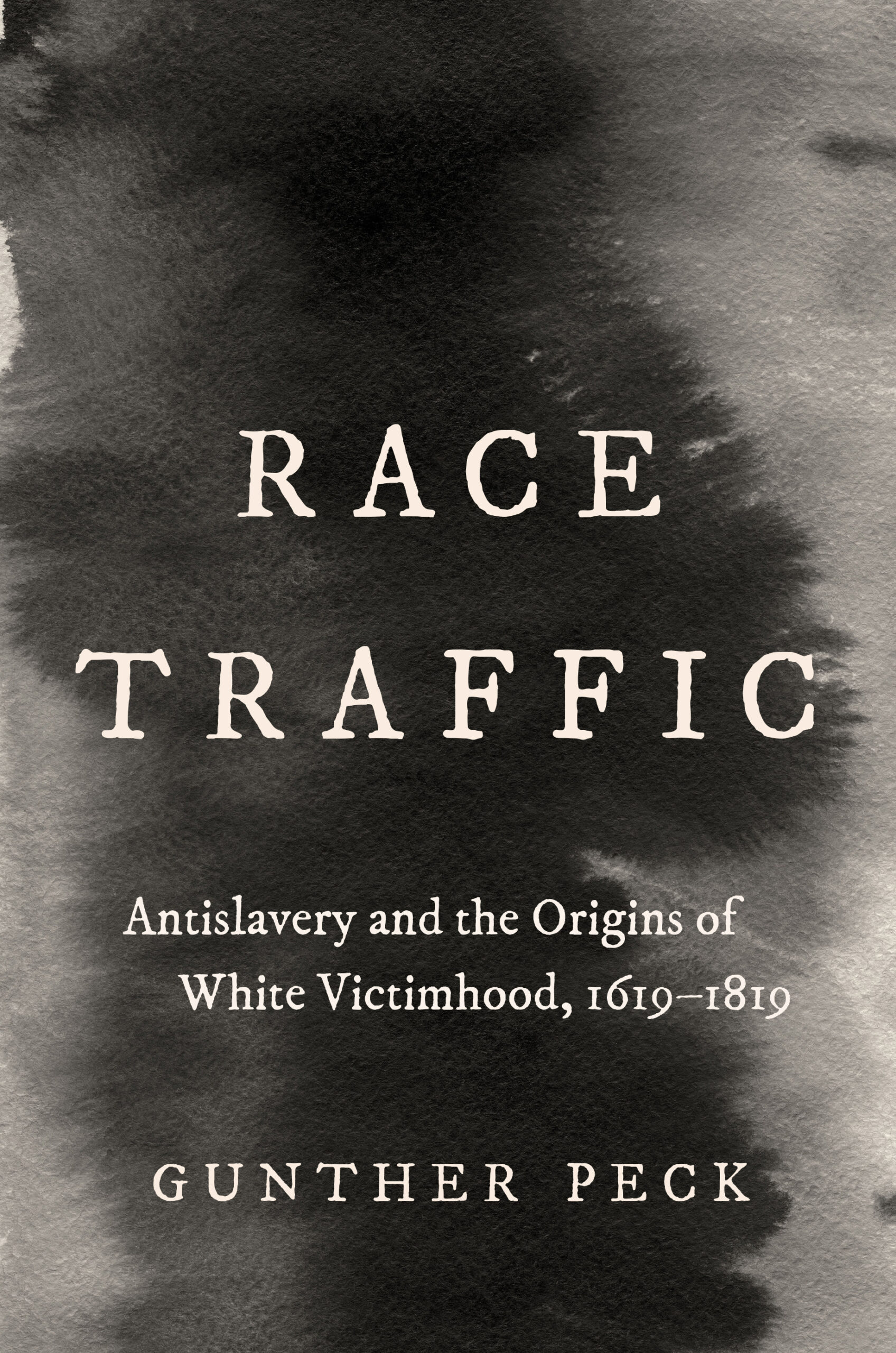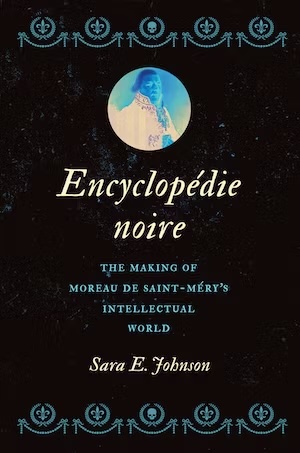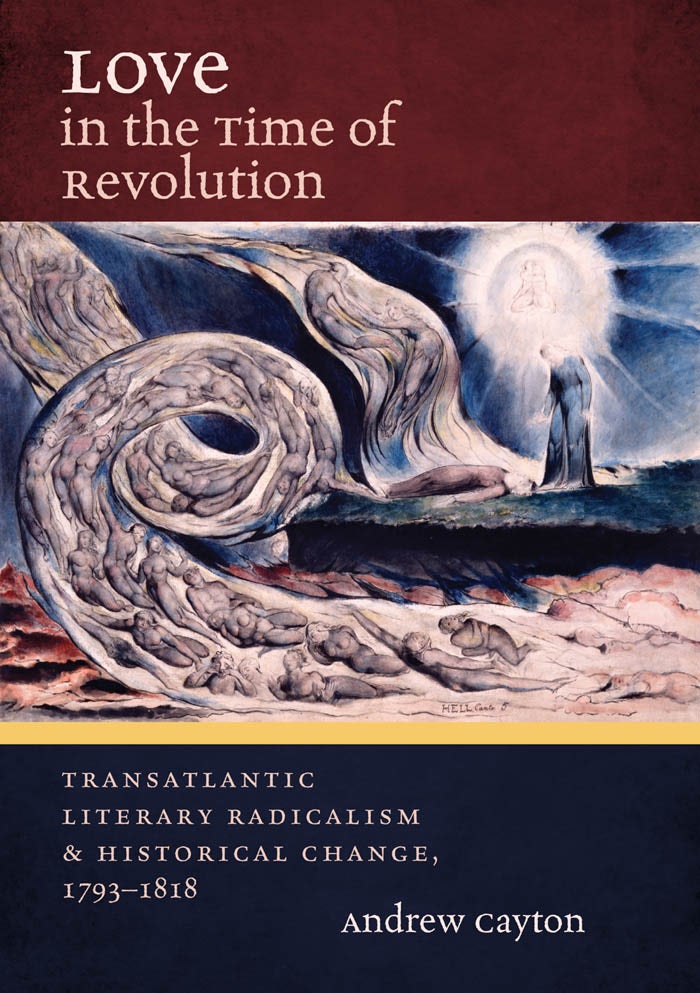
Love in the Time of Revolution
Description
In 1798, English essayist and novelist William Godwin ignited a transatlantic scandal with Memoirs of the Author of “A Vindication of the Rights of Woman.” Most controversial were the details of the romantic liaisons of Godwin’s wife, Mary Wollstonecraft, with both American Gilbert Imlay and Godwin himself. Wollstonecraft’s life and writings became central to a continuing discussion about love’s place in human society. Literary radicals argued that the cultivation of intense friendship could lead to the renovation of social and political institutions, whereas others maintained that these freethinkers were indulging their own desires with a disregard for stability and higher authority. Through correspondence and novels, Andrew Cayton finds an ideal lens to view authors, characters, and readers all debating love’s power to alter men and women in the world around them.
Cayton argues for Wollstonecraft’s and Godwin’s enduring influence on fiction published in Great Britain and the United States and explores Mary Godwin Shelley’s endeavors to sustain her mother’s faith in romantic love as an engine of social change.
About The Author
Andrew Cayton (1954-2015) held the Warner Woodring Chair in History at the Ohio State University. Previously, he was University Distinguished Professor of History at Miami University, where he taught for twenty-five years. With Fred Anderson, he was co-author of The Dominion of War: Empire and Liberty in North America, 1500-2000.
Reviews
“[This] study is most successful in its detail, and [Cayton’s] methodical research into the transatlantic commerce in emotional theories is particularly impressive. . . . Cayton’s subject is a well-chosen and fascinating one.”–Times Literary Supplement
“I cannot think of a recent scholarly work in Atlantic studies that is more agreeably written or better oriented toward the general reader.”–New England Quarterly
“A well-written imaginative re-creation, based on historical research, of the motives, thoughts, arguments, and interrelationships of important British and American radicals.”–American Historical Review
“In his carefully crafted, emotionally evocative study, Love in the Time of Revolution: Transatlantic Literary Radicalism and Historical Change, 1793-1818, Andrew Cayton invites us to revisit this familiar story and reconsider it in the contexts of eighteenth-century political economy and literary production.”–William and Mary Quarterly
“Working mostly from published sources, but some archival collections as well, Cayton evokes the intense interplay between what Wollstonecraft and her circle were reading, and how they were living.”–SEL
“Demonstrates a remarkable versatility in his analysis and willingness to engage with different genres.”–The Journal of Modern History
“From a renowned historian of war comes a luminous book about the revolutionary nature of love. Centered on Mary Wollstonecraft and her circle, Love in the Time of Revolution combines biography, literary history, and political economy in wholly unexpected ways. Writing with a novelist’s insight and urgency, Cayton brings to life the transatlantic republic of letters that sought to remake a warring world.”–Jane Kamensky, Brandeis University
“A sophisticated history of women and men who recognized fresh potentials in heterosexual love in a revolutionary age. Cayton’s is a highly original vision of the familiar loves of Wollstonecraft, Imlay, and Godwin above all, but of their children and contemporaries, too, set in transatlantic perspective.”–G.J. Barker-Benfield, State University of New York, Albany
“Cayton’s book will become the new starting point for understanding the cultural ferment that accompanied the political revolutions of the late eighteenth century. By braiding together the life histories of Mary Wollstonecraft and her radical contemporaries, Cayton brilliantly reveals the dynamic interplay between the personal and the political in this era of dramatic change.”–Seth Cotlar, Willamette University
“This vivid and important account of the age of revolutions turns the spotlight on friendship and love. A generation of radical writers, and the men and women who read them, enacted a revolution in personal relationships. To understand the true radicalism of the age, their stories of cultural innovation must be added to the better-known narratives of political liberty and republican experiment. In Cayton’s dexterous interpretation, the era was as personally transformative as it was politically turbulent, with dramatic consequences not only for the actors but also for their nineteenth-century children.”–Sarah Knott, Indiana University
